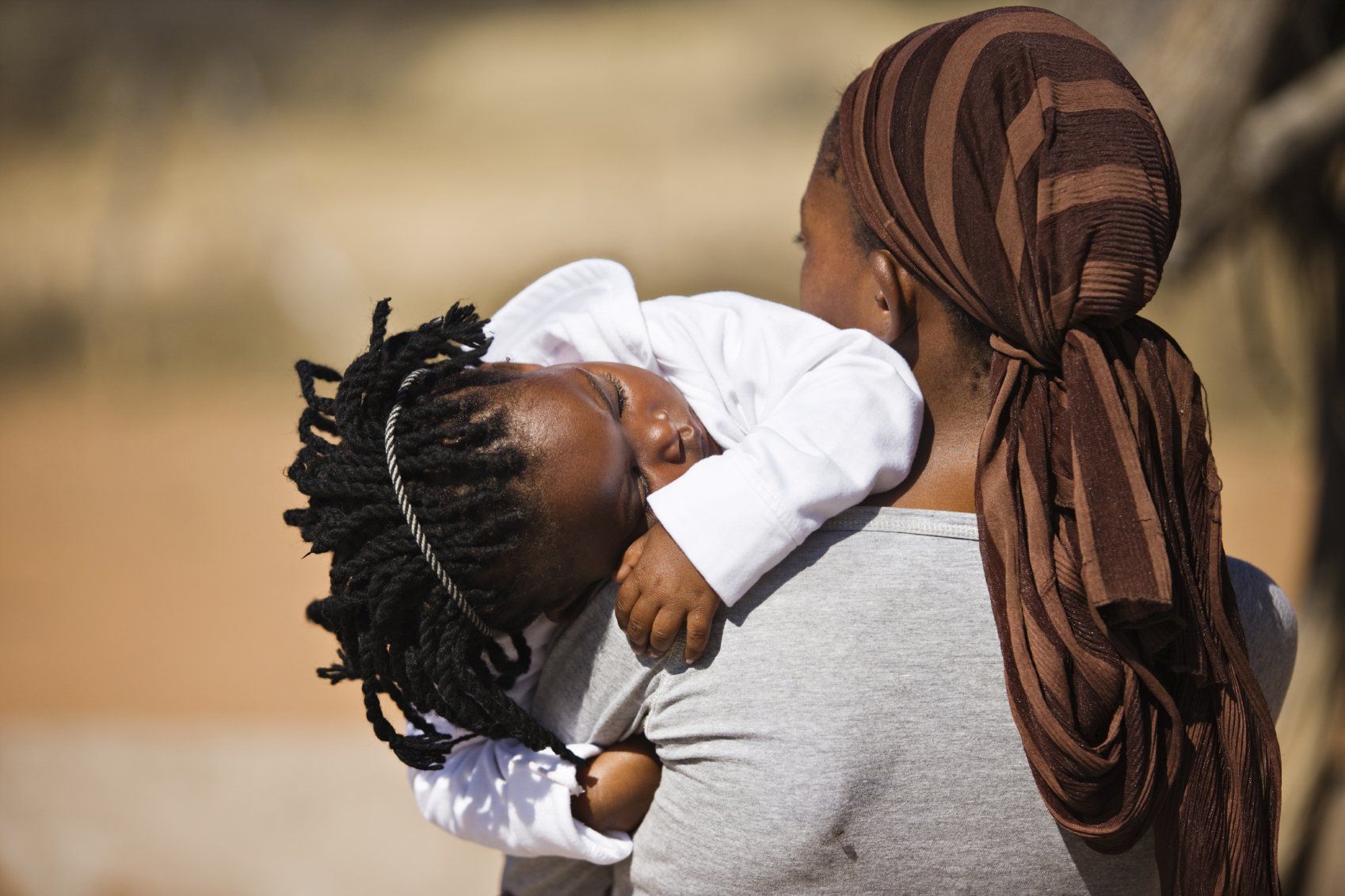Home
-

Image title
Untertitel hier einfügenButton 
Image title
Untertitel hier einfügenButton
Image title
Untertitel hier einfügenButton
Image title
Untertitel hier einfügenButton
Image title
Untertitel hier einfügenButton
Image title
Untertitel hier einfügenButton
Image title
Untertitel hier einfügenButton
Image title
Untertitel hier einfügenButton
Image title
Untertitel hier einfügenButton
Image title
Untertitel hier einfügenButton
Image title
Untertitel hier einfügenButton
Welcome
Our motivations are the promotion of education, popular and vocational training, refugee aid, development cooperation and civic engagement.
- the advocacy of a solidarity and inclusive society - the implementation of projects and measures in the field of integration, migration and refugee aid, especially for African women
- overcoming poverty and exclusion
- humanitarian aid
- the promotion of voluntary work
- Suggestion and help for self-help
- Cooperation with other organizations and institutions
- International projects, especially development cooperation
- Training in hair and body care.
Project Togetherness - "TOGETHER"
1st project
"Together"
We call our basic project, which should form the basis of all cooperation, "Together". It arises from the collaboration of several cooperation partners in a district and aims to create places for community, encounters and culture especially for African women. It should give the women the opportunity to openly and honestly exchange information on family and upbringing issues and to support one another.
Topics are discussed that affect everyday life in Germany - from dealing with authorities and paperwork to experiences of racism and discrimination. But socializing and fun shouldn't be neglected either. The women should be encouraged to be creative, to express their opinion, to develop their own activities and ideas. Their self-confidence should be strengthened and they acquire new skills in the areas of communication, conflict management, etc. These measures strengthen the entire family through the women.
The project is divided into two phases:
In phase 1 it starts very low-threshold to pick up the women where they are physically and mentally. First, word of the new offer has to get around. The cooperation partners announce the project at an early stage and continuously in their networks and thus arouse interest in participation. Women in particular should be encouraged in intensive discussions to get involved in this new experience and to make time for the discussion group.
The project coordinator will then be introduced to some women by the established contact persons in the neighborhood (neighborhood manager, dormitory management, advice center management, church heads, etc.) when appropriate. She explains the new interview offer and hands out flyers. At these dates she is already available to answer questions and build a basis of trust with the women concerned. Experience has shown that word of the offer will get around quickly and the following dates will be attended by changing participants. A solid core of people seeking advice is slowly forming.
In phase 2, regular consultation appointments are established that have an open group character, followed by confidential one-on-one discussions. It is very important not to communicate this offer as a “meeting” or “group” because experience has shown that this form is not well received by the target group in the initial phase. As already mentioned, the offer should be low-threshold and suggest no obligation that the participants should appear binding weekly.
On the contrary, permanent voluntariness is to be developed, which gradually leads to a stable group size, but achieves much stronger results through voluntary participation. Namely the establishment of a real relationship of trust and the
long-term work on personal problems. The aim is to build a trusting relationship with families to learn from them what kind of help and support they want. Consulting content and formats are then specifically developed and implemented on this basis.
Project - "DO NOT BEAT!" TALK.
Project “Don't beat! Talk. - The planning:
Our theater education project “Don't beat! Talk. ”Is located in the field of family support and addresses the non-violent treatment of children. It runs through the three phases of getting to know each other / building trust, theater project and permanent theater group.
We consider it very important and sensible to divide the project into three phases. In phase 1, the project managers jointly develop the framework and process for the
Project. Parallel to the planning meetings, encounters between culture guides and women are already taking place in transitional dormitories, which serve to get to know each other and build trust.
In phase 2, a group of parents will perform the play “Don't beat! Talking. ”Rehearsed and used for the performance. This work is always accompanied by discussions about the life situation, questions and problems of the participants.
Finally, in phase 3, a permanent theater group is established that develops and realizes further plays. This work is also accompanied by discussions and advice. New families should be included.
Phase 1 - getting to know each other, basis of trust for the desired participation
A project team is formed consisting of representatives of the cooperation partners involved. In order to build a trust-based relationship with the families, it is very important that the group is continuously supported by the responsible location management (family house, temporary residence, etc.) during the getting to know each other. The aim is to transfer the experience gained directly into everyday life and to perceive positive effects. The aim is to build a group consisting of people of both sexes as well as young people who are not yet planning a family. In this way, new patterns of thought and action can be introduced into the families in the best possible way.
The cooperation partners announce the project at an early stage and continuously in their networks and thus arouse interest in participation. Women in particular should be encouraged in intensive discussions to get involved in this new experience and to make time for the discussion group and the theater rehearsals.
Phase 2 - rehearsing the play, accompanied by parental work
From the introductory phase, a theater group is then seamlessly put together, which is taught by a working group. Since the implementation requires continuity, the group's motivation must have already been built up in phase 1. The group should consist of at least 6-8 participants and should always be accompanied by advisory services as added value.
The duration of the regular (preferably weekly) meetings is a maximum of 2 1/2 hours including a consultation. One hour before the rehearsal begins, the team leader meets with the participants for practical questions / answers in the group and takes
there is also time to advise individuals. The local organizers ensure that the solutions developed in the discussions are carried out and accompanied on site.
go1school eV provides voluntary support for the entire project planning and organization in phase 2. Phase 2 ends with the world premiere of
Play, which is supplemented by a panel discussion and subsequent one-on-one consultations.
Phase 3 - Establishment of a permanent theater group, accompanied by work with parents
Finally, in phase 3, a permanent theater group is established that initially plans to perform the piece that has been developed in other locations. In the course of time, further pieces can be developed and implemented on other thematic focal points.
This work is also accompanied by group discussions and individual consultations. The project team continues to consist of representatives of the cooperation partners involved. The basis of trust that has been developed will be expanded further and new families will be included. The exact framework conditions for phase 3 must be clarified. They result from the evaluation results of phase 1 and are based on processes and manners that have proven themselves from phase 1.
I am very happy to participate with children.
Buntentorsteinweg 564,
28201, Bremen
0157 395 901 53
Contact@go1school-bremen.de
Grand providers
The Senator for Economic Affairs, Labour and Europe
The Jobcenter Bremen










